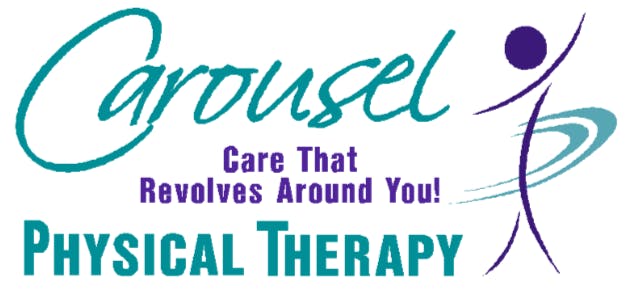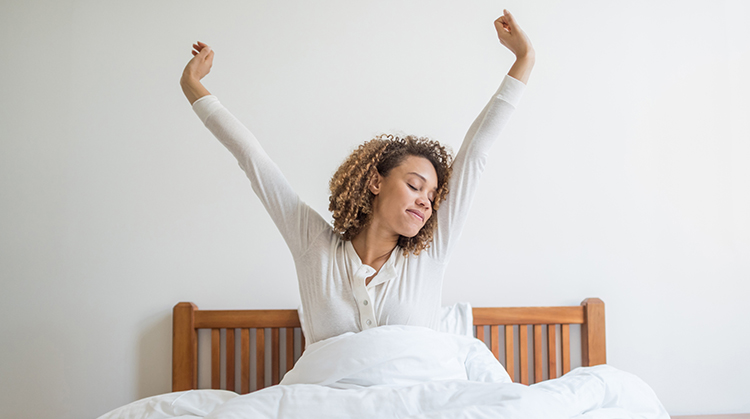The basic coping skills in life are whether we are Hungry. Angry. Lonely. Tired (H.A.L.T.), and whether we gain or lose an hour with the time change there always seems to be some adjustments. However, for some, losing that hour can be brutal, therefore making us very TIRED and impact our decision-making…. until we adjust!
And make no mistake, the transition to daylight saving time isn’t just annoying, it can also have measurable effects on our health from increasing the risk of heart attacks, injuries, car accidents, and mood disorders.
Rather than chugging down coffee, cola, or your energy drink of choice, there are some non-caffeinated steps you can take to help make springing forward less stressful. Here are a few tips for adjusting to the time change as quickly as possible:
1. Tonight, go to bed when you feel sleepy—don’t worry about what the clock says—but tomorrow wake up at the right “new” time and get sunlight (or bright artificial light) as soon as you wake up. Bright light in the morning is the best way to get your internal clock set to your new schedule.
2. Tomorrow night, consider going to bed at the new time, but only if you feel sleepy.
3. Keep waking up at the same time each morning and getting bright light as soon as you can. Most people can make a one-hour shift in a couple of days.
Sleep Management
Managing your sleep is key to your overall health. Not getting enough sleep can be a problem and can contribute to the development of chronic pain. It also may worsen anxiety or depression symptoms. So, what should you do if you are not getting enough sleep?
During the Day
1. Do more physical activity.
Staying active helps in getting restful sleep. Once cleared by a health care provider, try to get 150 minutes of moderate exercise each week. A physical therapist can help you find the right exercises for your needs and abilities.
2. Increase your exposure to light.
The lack of Vitamin D is linked to a higher risk of sleep disorders. Consider increasing your exposure to light during the day.
3. Avoid long napping.
As an adult, if you take naps, keep them to 20 minutes or less.
4. Don’t smoke.
If you are a smoker, stop smoking two to three hours before going to sleep.
5. Limit alcohol.
If you drink alcohol, do so sparingly.
6. Avoid caffeine after midday.
Caffeine is a stimulant that can make you more alert and limit restfulness. It is also a diuretic that can increase your need to urinate at night.
Before bed
7. Get enough sleep.
Set a bedtime that will allow seven or more hours of sleep.
8. Keep a sleep schedule.
Wake up and go to bed at the same time every day.
9. Set the temperature.
According to the National Sleep Foundation, somewhere around 65 degrees makes for the best sleep. Assure that the temperature is right for you, and you have the necessary blankets and pillows for your comfort.
10. Create a relaxing bedtime routine.
This may include dimming the lights, avoiding the use of technology, and reducing noises. Using meditation or soft relaxing sounds can help prepare you for sleep.
Keep in mind some medications may change how well you sleep. Talk to your doctor or pharmacist about timing your medications to promote a balance of sleep and wakefulness.
If sleep remains difficult, keep a sleep diary to learn more about your sleep patterns and discuss it with your physical therapist. A PT also can help you if you experience pain or discomfort that limits your movements or disturbs your sleep. Learning the right exercises and positions may be helpful for you.
And, If you have difficulty getting comfortable at night, our physical therapists can help you with positioning and pillowing to fall and stay asleep!
_____________________________________________________________________
Sources:
my.happify.com/hd/a-sleep-experts-tips-for-dealing-with-the-time-change/?fbclid=IwAR0ARr9XplOVFVTFZV9igqjxIDJ2h1tDna9aPK_nN-BRl3he-bwGg5WxdgY
www.thensf.org/sleep-awareness-week/
www.choosept.com/resources/detail/10-habits-better-sleep?fbclid=IwAR2K_btrfOYsCZW5yPovRCT2FCBajTowcadMI2ip9a1o73U57mYA5m4_IZE

